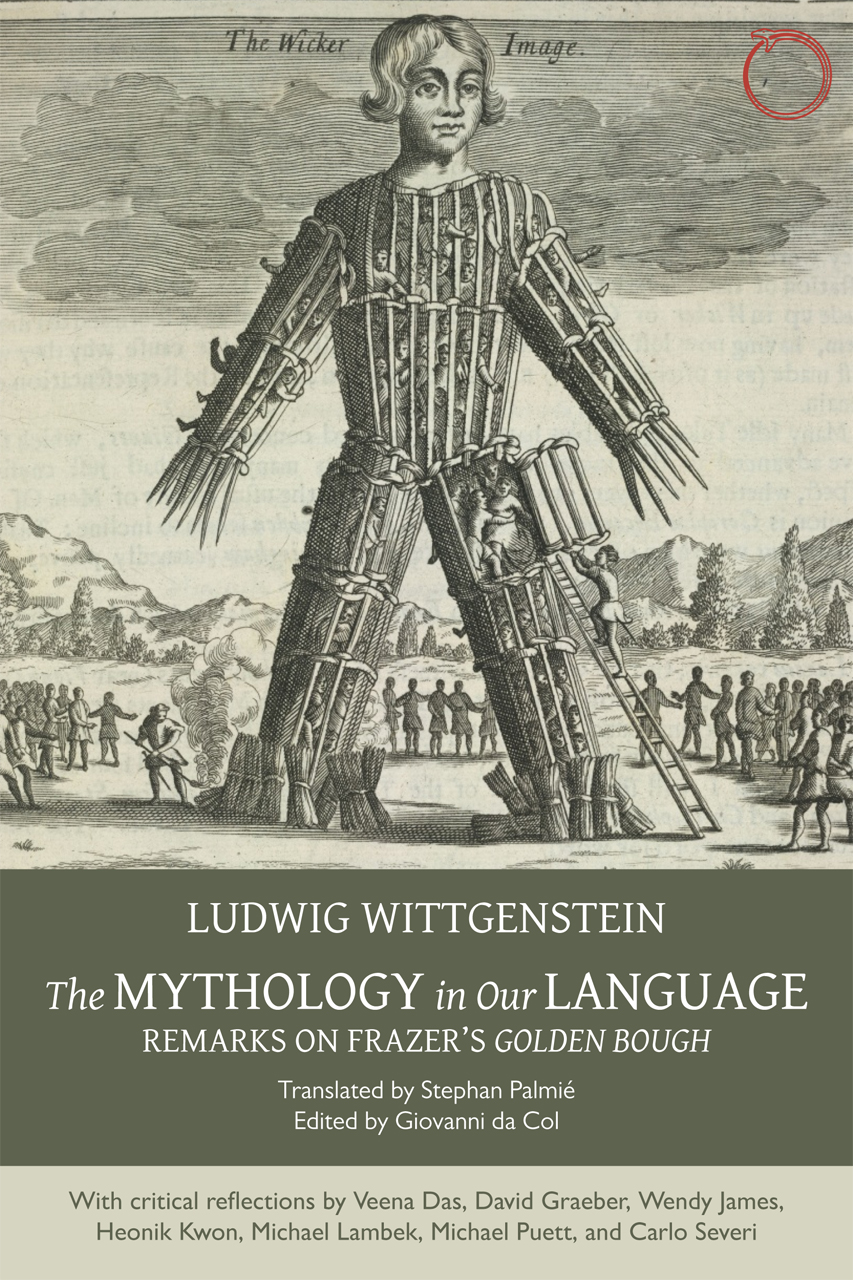What do you think?
Rate this book


264 pages, Paperback
First published January 1, 1967
Leo, entre muchos ejemplos similares, el de un rey de la lluvia en África al cual la gente le pide que llueva cuando llega el período de la lluvia[41]. Pero lo que esto quiere decir, sin embargo, es que no creen precisamente que él pueda hacer llover pues si no se lo pedirían en el período seco del año cuando la tierra es a parched and arid desert[42] («un desierto quemado y árido»)...


Como si el relámpago fuera algo más cotidiano o menos asombroso que hace dos mil años. Para asombrarse, el hombre —y quizá los pueblos— debe despertar. La ciencia es un medio para adormecerlo de nuevo. Es decir, resulta falso afirmar: “desde luego, estos pueblos primitivos debían asombrarse ante los fenómenos”. Pero quizá mejor: “estos pueblos se asombraron ante todas las cosas de su alrededor”